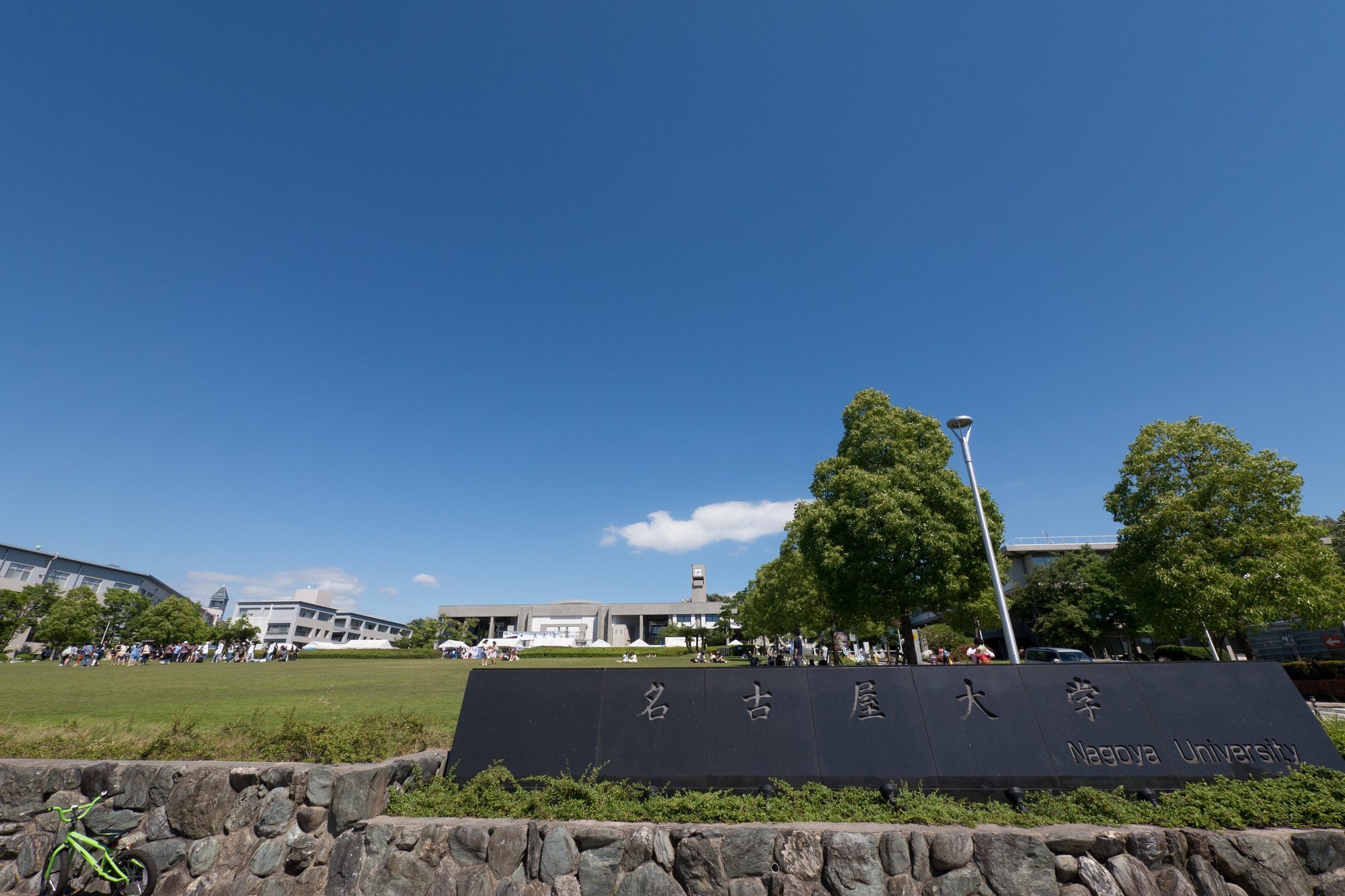A research group led by Professor Takaya Arita of Nagoya University has succeeded in creating a neural network with a meta-memory function through in-computer evolution experiments. It is expected to be a clue to the realization of artificial intelligence with a "human-like mind."
In recent years, artificial intelligence technology that recognizes and generates images and languages by machine learning using artificial neural networks that imitate brain circuits has been rapidly advancing.Beyond this, there is the difficult question of whether artificial intelligence with a truly "human-like mind" can be created.
This time, we examined whether evolution can create meta-memory, which is one of the cognitive functions of human beings, using the research method of artificial life.Meta-memory is a higher-order cognitive function that checks for the existence of one's memory in one's mind when thinking, for example, "Do you remember what you ate yesterday's breakfast?" ..
In the tasks adopted in the study, after first seeing a specific pattern, a test is taken to point to the first pattern from multiple patterns.If the answer is correct, you will get a reward, but even if you avoid the test, you will get a small reward.If you have meta-memory, you should take the test if you are confident in your memory and avoid it if you are not confident.The correct answer rate of the test is improved by avoiding the test that should have been incorrect.
In the study, a simplified task led to a population of neural networks, initially with random structures, undergoing generational alternations to have metamemory.In other words, it has evolved to avoid testing when memories tend to be broken (forgotten).
This time, the discovery of multiple neural network mechanisms that realize advanced cognitive ability called meta-memory is an important step toward the realization of artificial intelligence with a "human mind" and "consciousness". It is supposed to be.
Paper information:[Scientific Reports] Evolution of metamemory based on self-reference to own memory in artificial neural network with neuromodulation

